Baby food pouches have become a staple in many modern kitchens, and for good reason. They’re portable, mess-free, and offer a rainbow of flavour options. But while these squeeze-and-go meals seem like a dream for busy parents, they also raise important questions about nutrition, development, and long-term eating habits.
In this guide, we’ll walk through the benefits and drawbacks of baby food pouches, and share tips for making them part of a balanced feeding routine.
Why parents love baby food pouches
Makes feeding on the go easy
Whether you're running errands or at the park, pouches are lightweight, resealable, and require zero prep. It’s a stress-free way to keep your baby satisfied while staying on schedule.
Longer shelf life means fewer surprises
Unlike homemade purees, pouches last longer and are always ready when you need them. For parents juggling naps, meals, and everything in between, food pouches offer convience and peace of mind.
Flavour variety can help expand your child’s palate
Pouches come in creative blends, from mango quinoa to spinach pear, which can introduce babies to a wide range of tastes early on.
Here's what to watch for
Some pouches aren’t as healthy as they seem
Not all pouches are created equal. Many are fruit-heavy, with hidden sugars that can replace essential nutrients like iron or vitamin C. Always read the label, just because it’s marketed as baby food doesn’t mean it’s balanced.
Sucking isn’t the same as chewing
When babies feed only from pouches, they may miss out on practicing the oral motor skills needed for chewing and swallowing. That can delay development and make the transition to solids bumpier.
Less sensory engagement
Babies learn about food with all five senses. When they can’t see, smell, or touch their meal, they lose opportunities to build familiarity and confidence with new textures.
It’s easy to miss fullness cues
Slurping from a pouch can be so quick that babies may not realize they’re full. That disconnect can make it harder for kids to develop a natural sense of hunger and satiety.
How to use baby food pouches the smart way
Baby food pouches still play a helpful role, especially when paired with intentional feeding practices. Here’s how to make the most of them:
Limit how often you use them
Think of pouches as a tool for backup, not the main course. Save them for travel, errands, or fussy mealtimes instead.
Use a spoon instead of handing over the pouch
Squeezing the contents onto a spoon encourages chewing and lets your baby see and smell the food.
Offer a mix of textures daily
Balance pouch use with soft solids like mashed avocado or steamed veggies. It helps babies build the confidence to explore and enjoy a wider variety of foods.
Check for real, whole ingredients
Look for blends without fillers or unnecessary sugar. The simpler the list, the better.
If you’re looking to make your own baby food pouches or want more control over what goes into your child’s meals, the Quook is here to help. This all-in-one baby food maker lets you prep, steam, and blend the perfect purees. You can even use it to make homemade food pouches, giving you full control over ingredients.
Designed to support every stage of introducing solids, The Quook makes fresh feeding easier and far less intimidating. Whether you're scooping food into a reusable pouch or serving it with a spoon, you’ll know exactly what your baby is eating, and that they're getting all the nutrients they need.
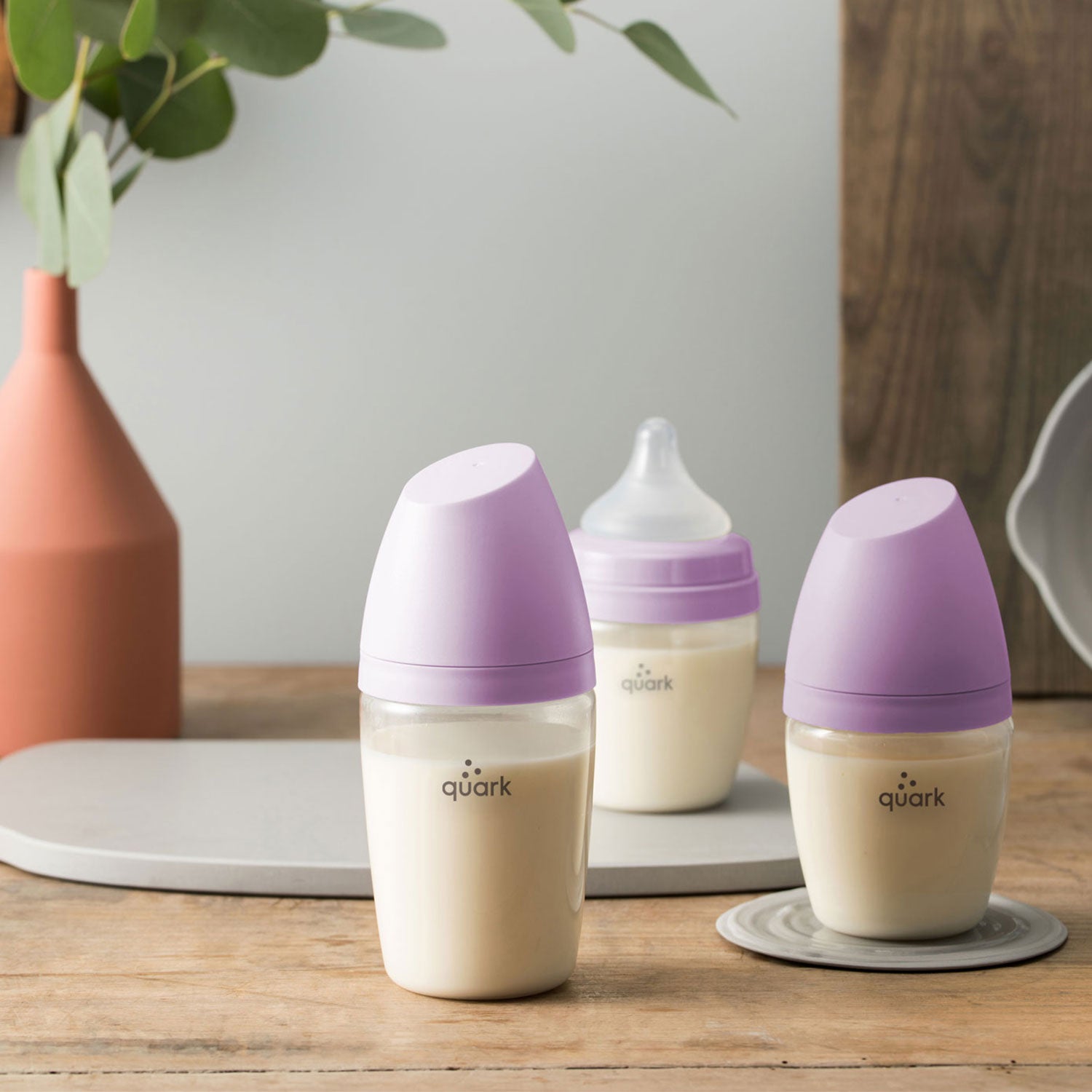
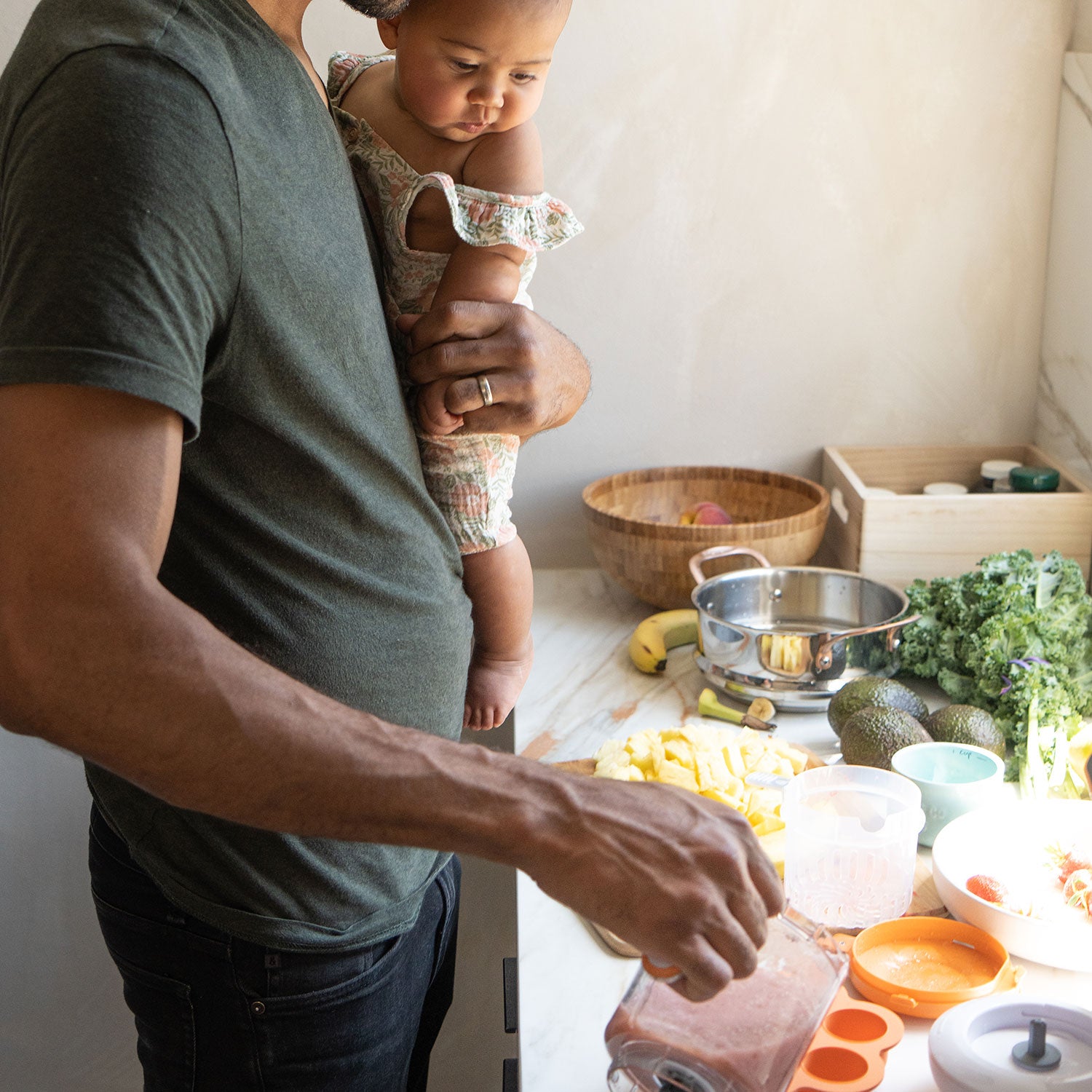

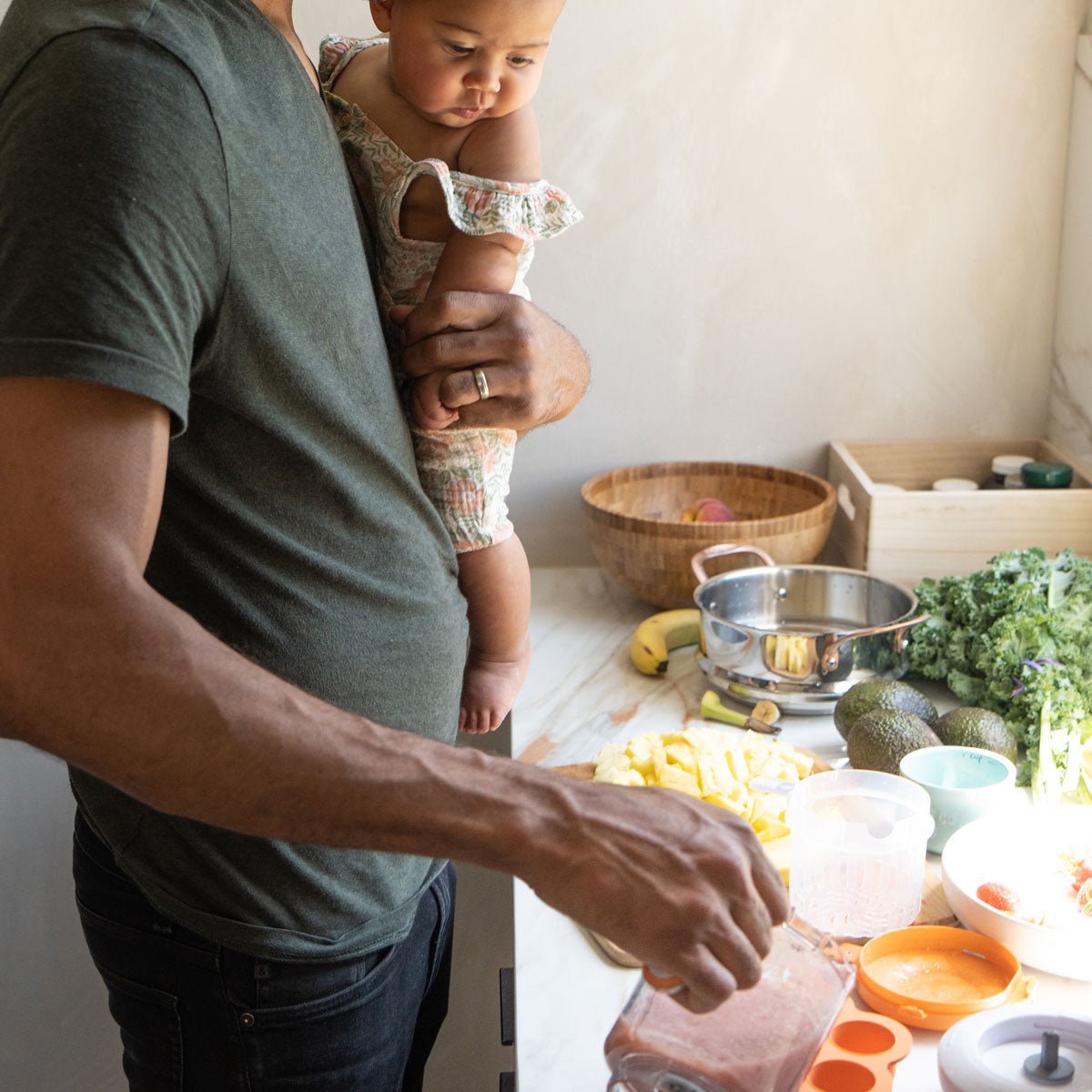
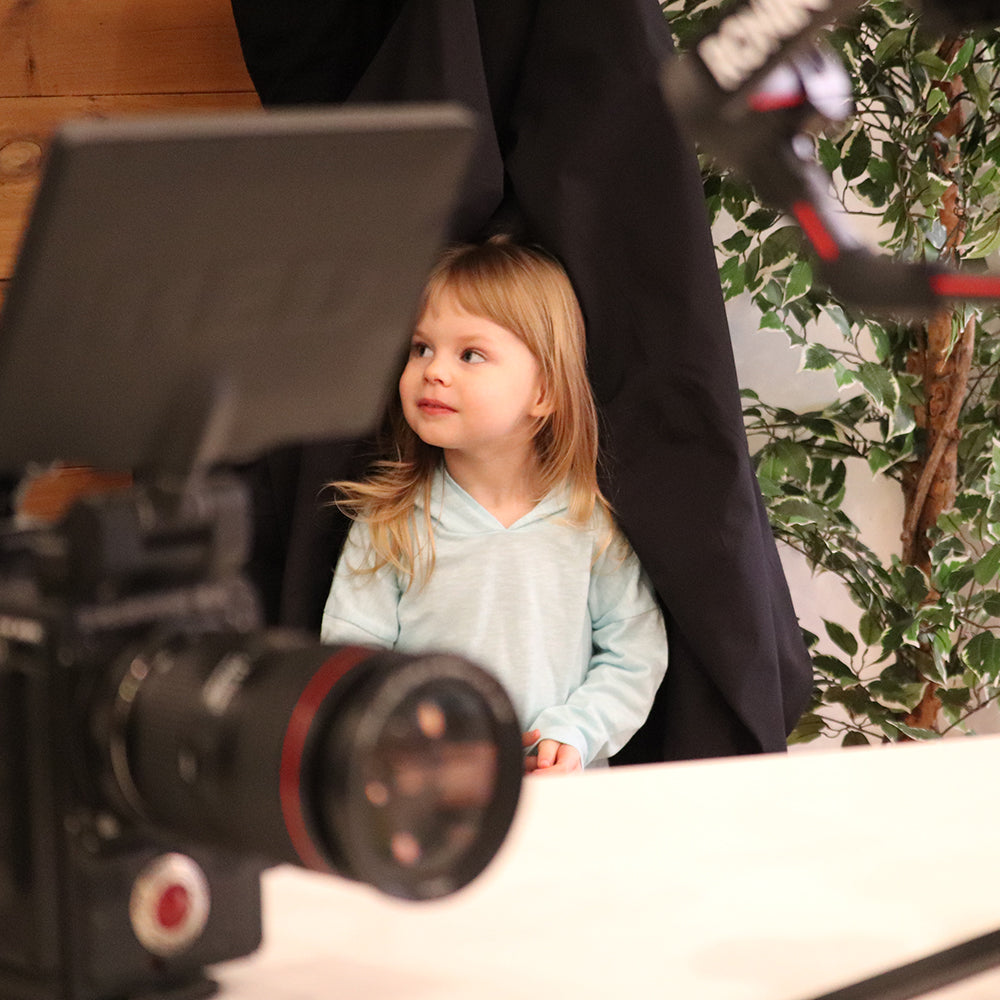
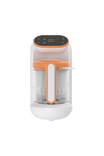
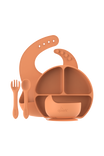
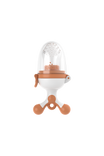
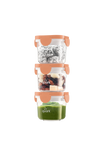
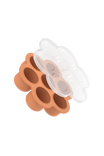
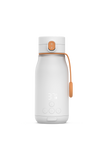
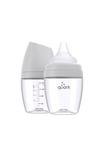
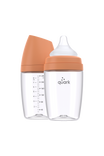
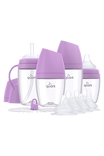
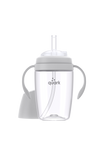
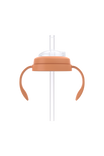
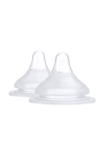
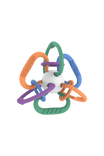
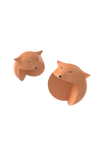
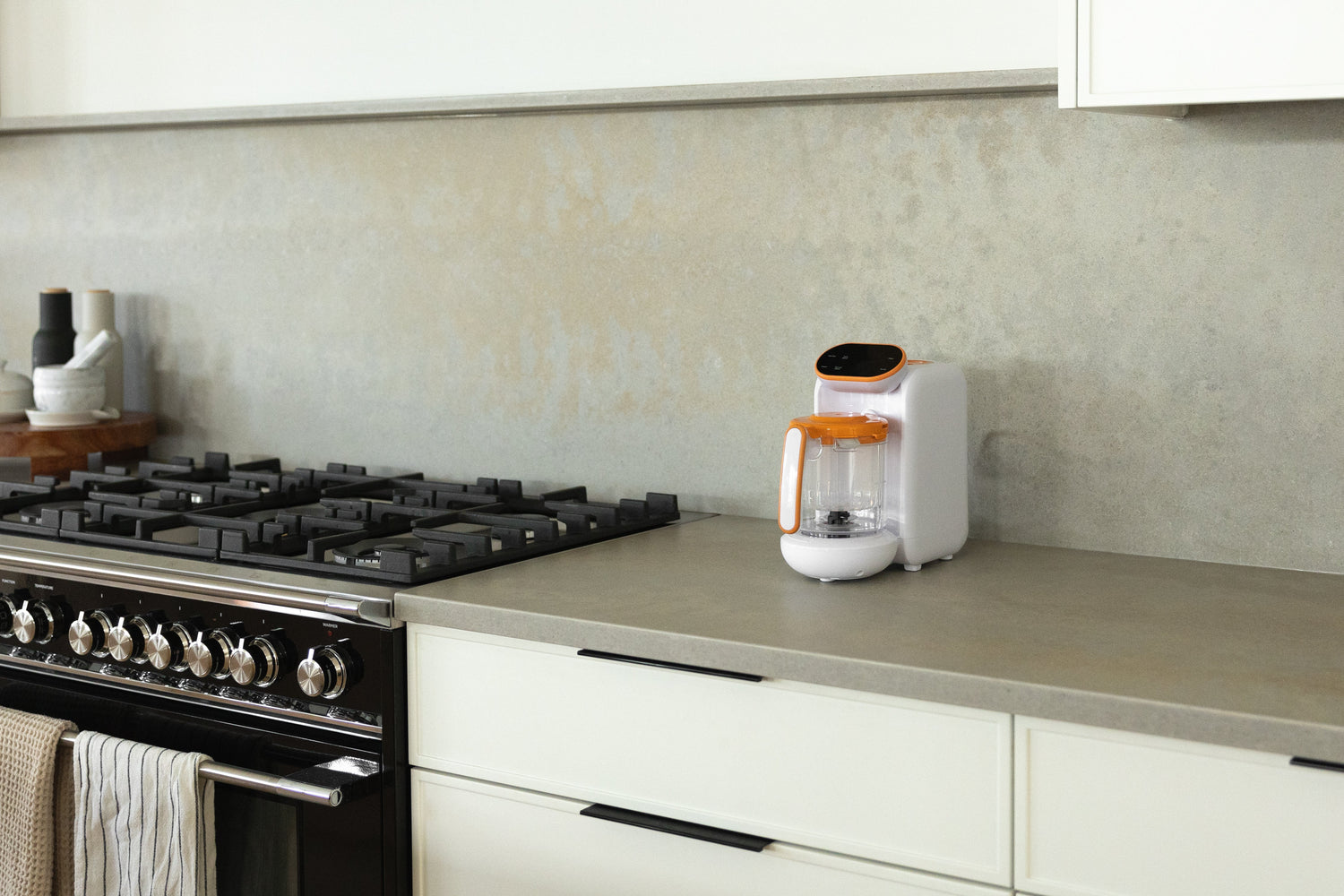
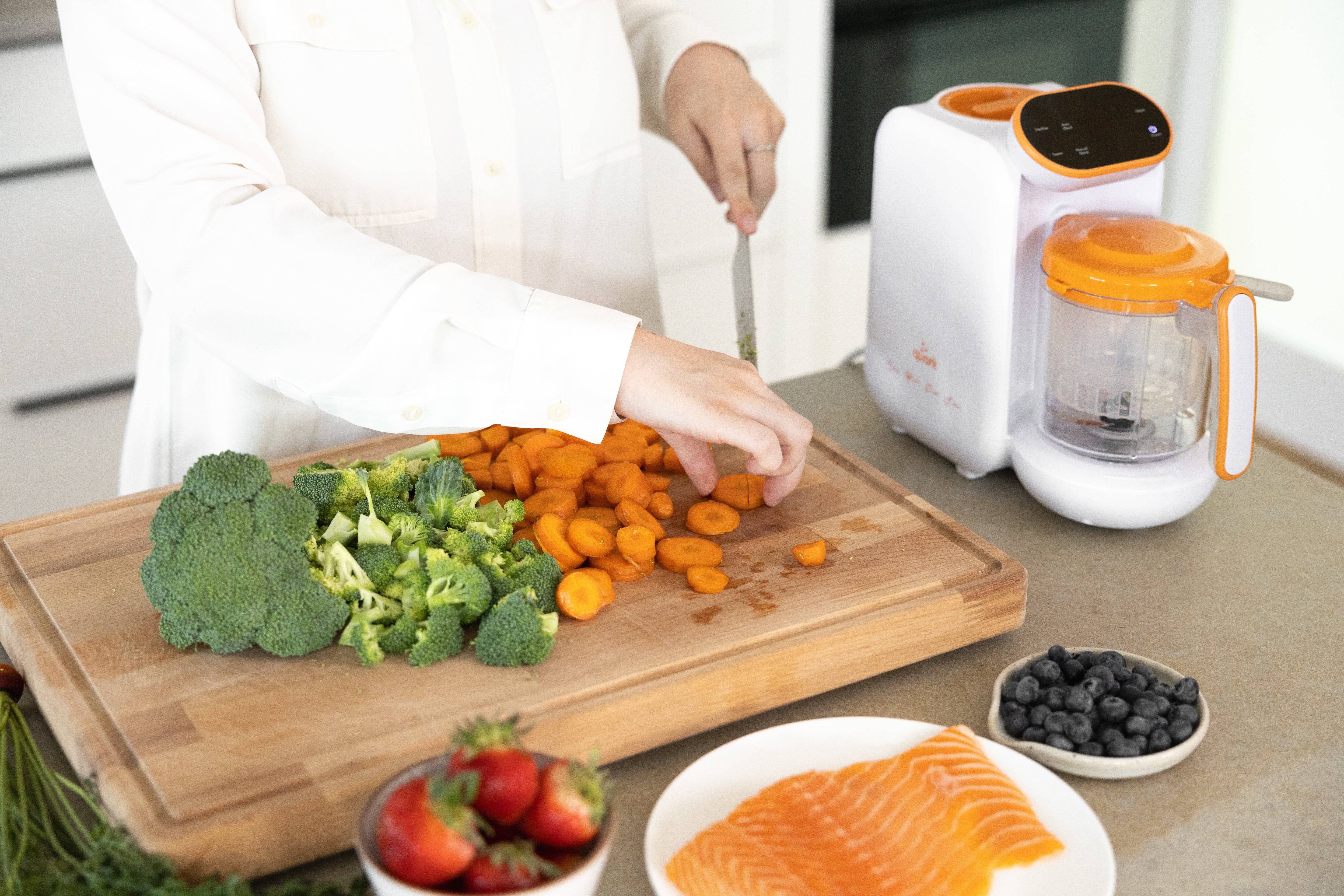
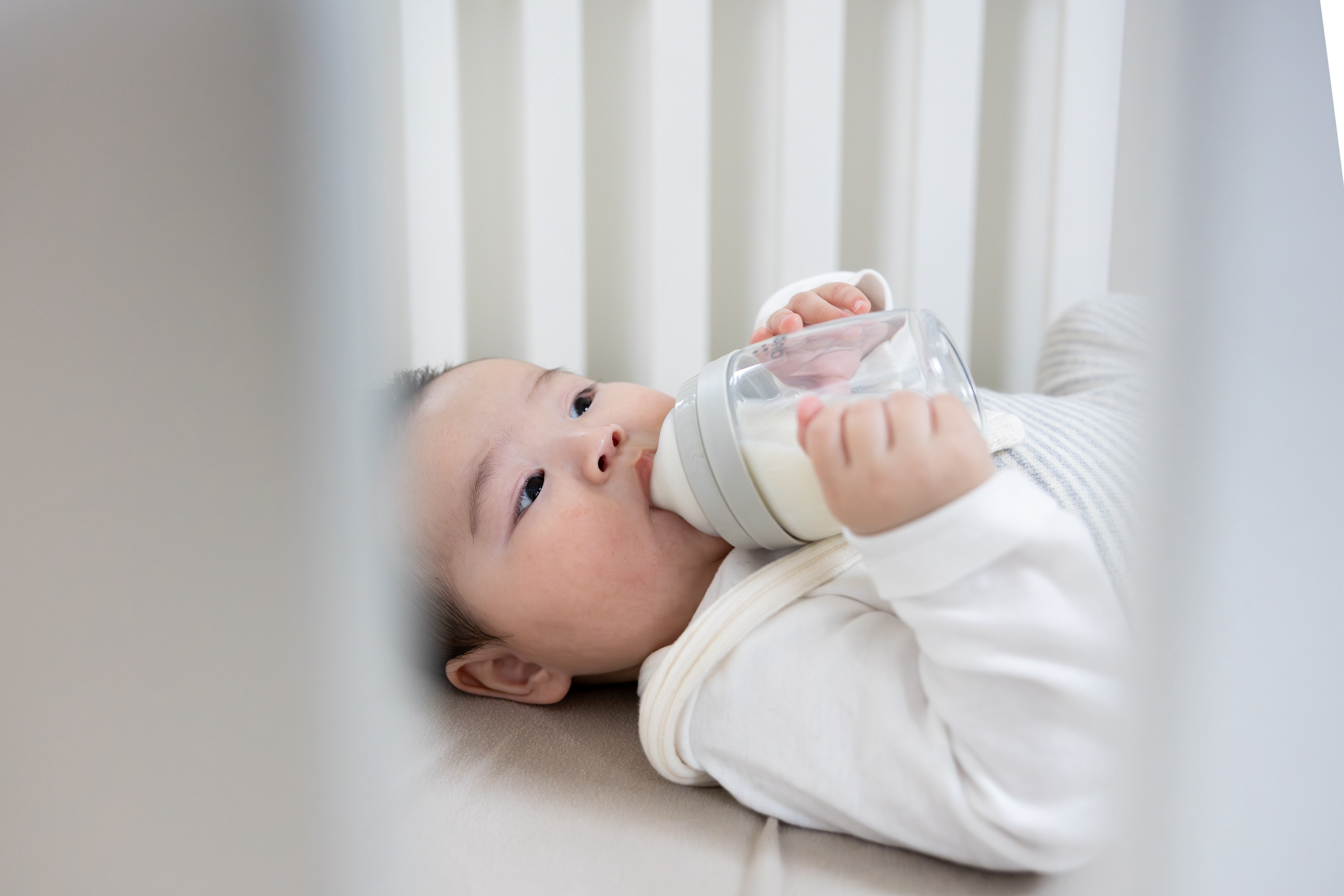
Leave a comment
All comments are moderated before being published.
This site is protected by hCaptcha and the hCaptcha Privacy Policy and Terms of Service apply.